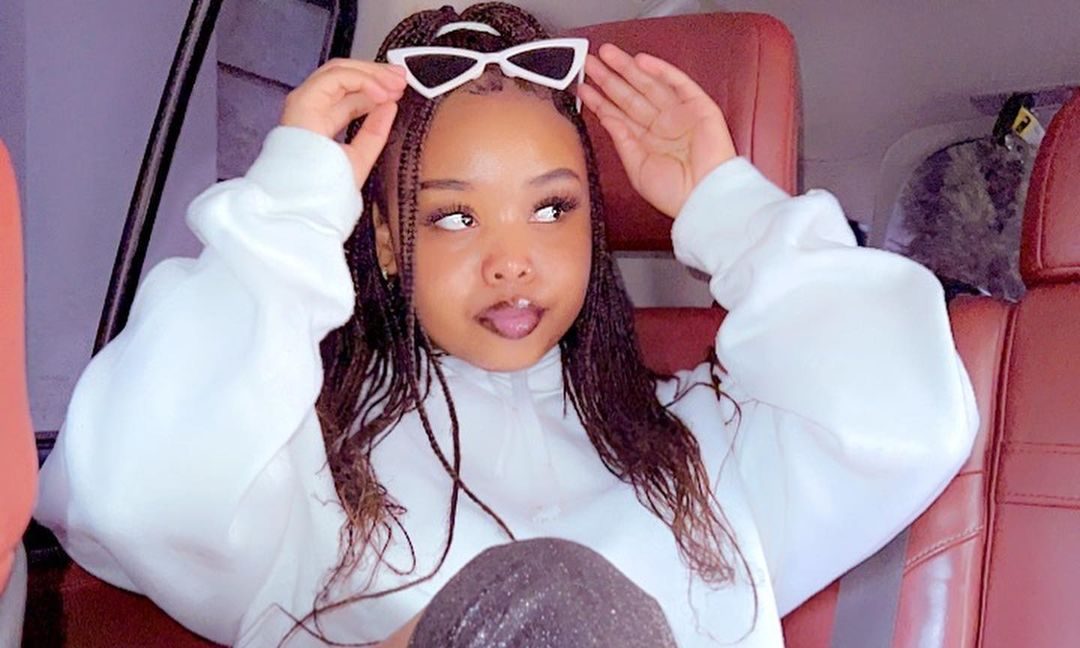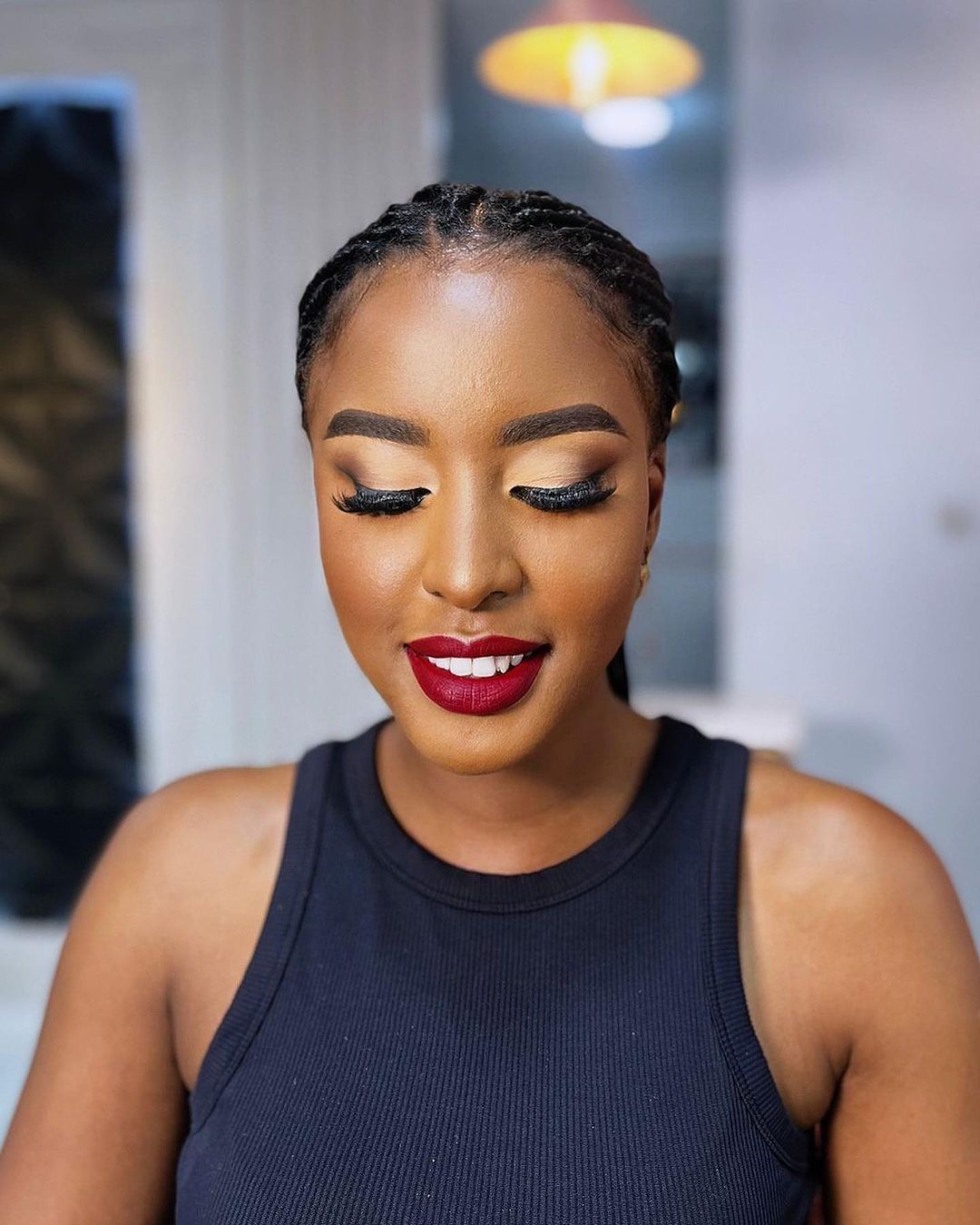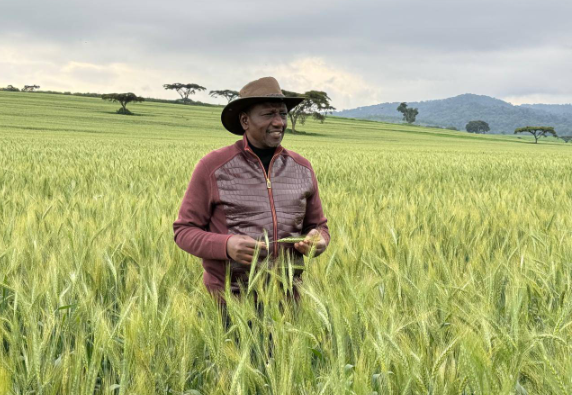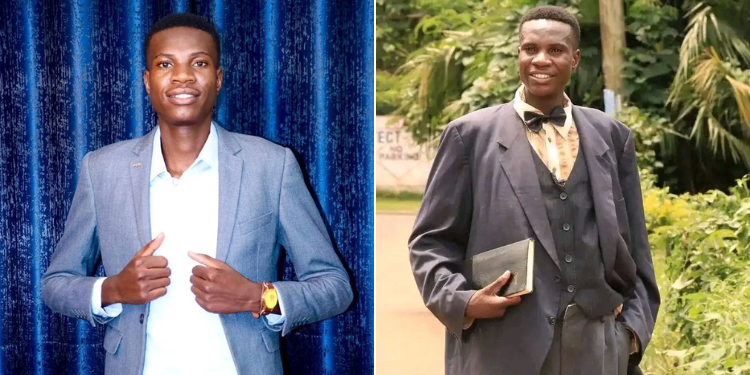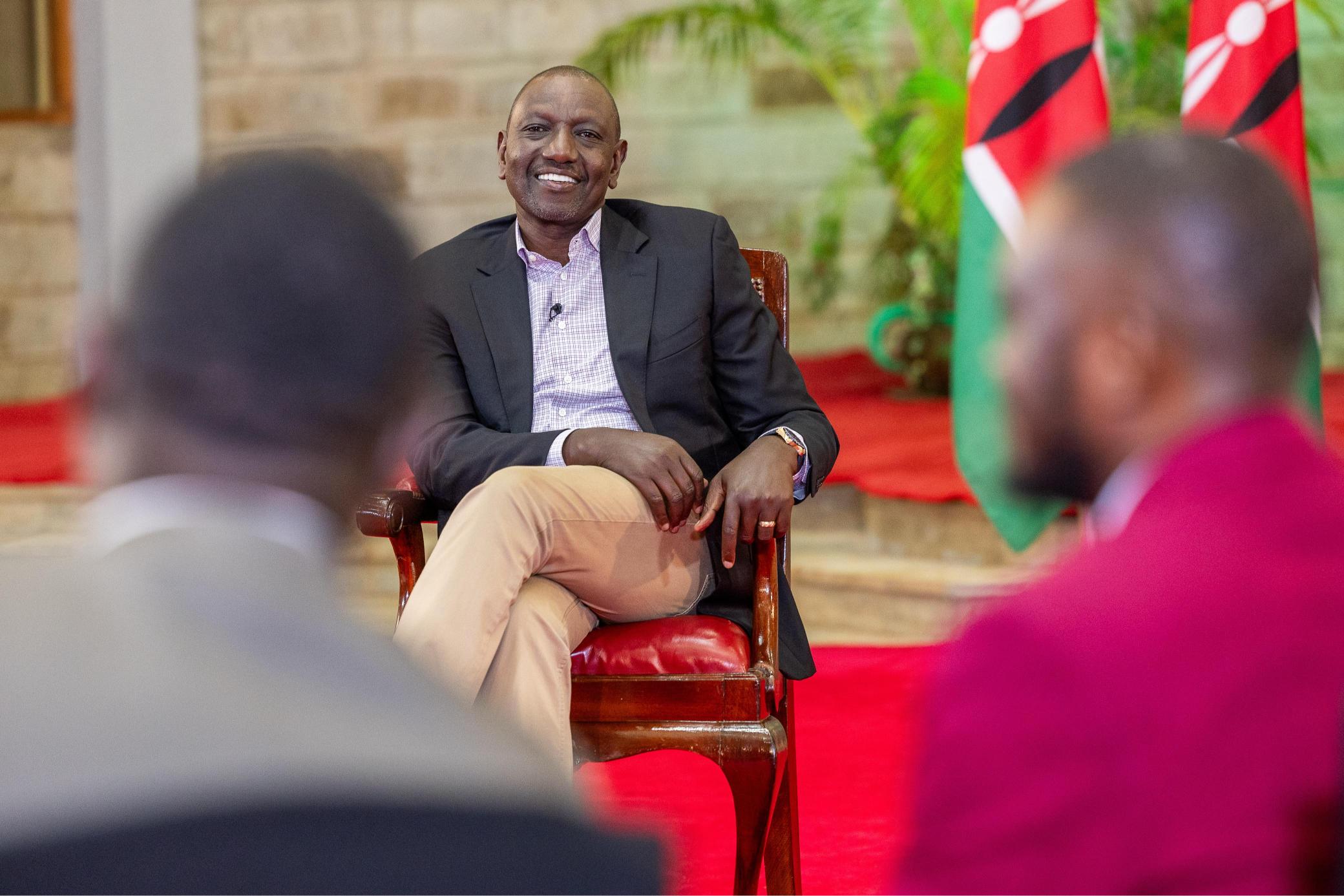Morgan Bahati Sparks Debate After Saying He Wants to Marry a White Woman for ‘Cute Kids’
A viral video featuring Morgan Bahati, the adopted teenage son of Kenyan celebrity couple Bahati and Diana Marua, has sparked heated online conversations after he openly expressed his desire to marry a white woman—citing looks, hair texture, and skin tone as his reasons.
The candid moment unfolded during a lighthearted family sit-down shared on social media earlier this week. When Diana jokingly asked Morgan about his future love life, the teenager didn’t hesitate with his response.
“Mum, I want to marry a white woman,” he declared confidently.
Surprised, Diana asked him why. Morgan replied, “So that my sons can have soft, curly hair and nice skin—not like this dark colour I have.”
The comment drew a mix of awkward laughter and stunned silence from those in the room. Diana’s mood quickly shifted from playful to serious.
“Why would you say that? There’s nothing wrong with your hair or your skin, Morgan. Are you not proud of who you are?” she asked, visibly taken aback.
But Morgan stood by his statement, explaining that his opinion stemmed from personal experiences and what he sees online.
“I’m just being honest. I want my kids to look good, have cute hair like those mixed kids we see on the internet. I don’t want them to go through what I go through,” he added.
Diana, clearly emotional, responded with a heartfelt message: “You’re handsome just the way you are. You don’t have to be mixed or light-skinned to be good-looking. It starts with loving yourself.”
Mixed Reactions and Broader Implications
The video has since gone viral, prompting widespread debate on issues of beauty standards, identity, and self-worth among Kenyan youth. While some viewers dismissed Morgan’s comments as harmless teenage talk, others raised serious concerns about the internalization of Eurocentric beauty ideals.
“This is about more than just one boy,” said Dr. Janet Okello, a Nairobi-based child psychologist. “It’s a reflection of how deeply social media and global beauty standards are influencing how African children view themselves.”
She noted that repeated exposure to content that glorifies lighter skin, looser hair textures, and Western aesthetics can distort self-image in young people, especially during formative years.
Diana’s Response: A Mother’s Stand
In the wake of the backlash, Diana Marua took to her platforms to defend her son, urging the public to understand the context.
“He’s still a teenager, still learning,” she wrote. “As a parent, it’s my responsibility to help him grow into someone who understands and values his identity.”
While Morgan has not responded to the public reaction, the conversation he sparked continues to trend—opening up space for deeper discussions on colorism, self-love, and the pressures Kenyan youth face in a highly filtered, globalized world.

